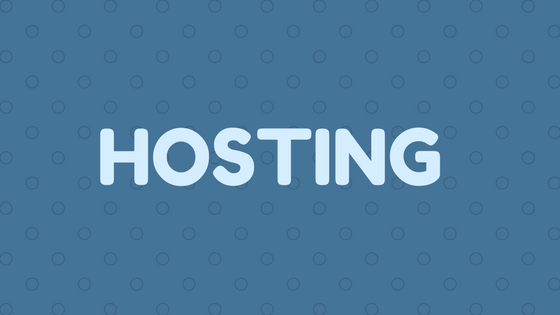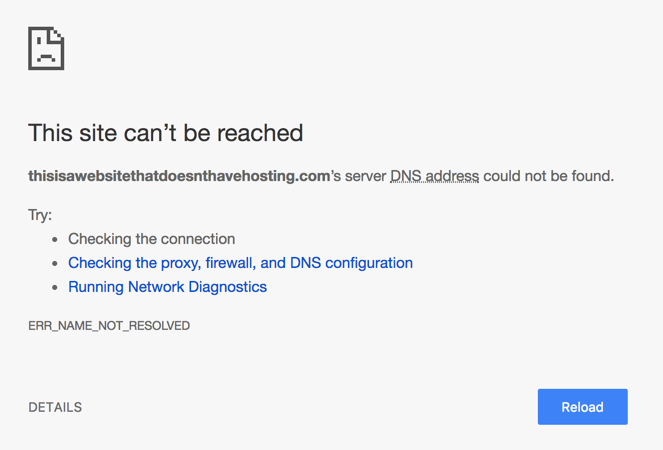
A hosting provider is how your website lives on the internet. Sure, you may have purchased a domain name already. But, you don’t exist on the internet yet.
If someone visits your website while you don’t have hosting, they’d be greeted by an error, blank, or empty page.

How Do I Get Hosting?
There are many hosting providers available among many hosting types. Be informed so you choose the right one for you.
It’s likely you can get hosting through the same company you purchased your domain from. I happen to use GoDaddy for my domains and hosting.
What types of hosting are available?
Let’s break these hosting types down one by one…
Then you pick which makes the most sense for you!
Shared Hosting
Sites that exist on a server shared by more than one website. This option is more affordable, but, may come at a loss of speed and optimization. That’s because you’re on a server with potentially hundreds of other sites.
Don’t fret. It’s still a great option if you want to test the waters or are running on a tight budget.

Dedicated Hosting
With a dedicated server, one physical machine is allotted to host your site and your site only—no other sites to interfere with yours.
It’s a pricier option, however, ensures there isn’t a loss of speed or performance due to lack of resources—as you may experience on a shared server.

Virtual Private Server (VPS)
Imagine if a dedicated server and shared server had a baby. That would give you a Virtual Private Server!
This type of hosting is on one physical machine, but, the data is cordoned off so one site does not intrude on the other site’s resources.
Think of it as a desk with individual drawers and compartments. The desk is one whole unit and contains individual sections that do not infringe or intermingle with one another.
A VPS is great for increased performance that melds the best of both what dedicated and shared servers have to offer, doing so more affordably.

Managed Hosting
Similar to shared hosting, but, with a fundamental difference. Managed Hosting plans include updates, security, backups, and all of the protection for your site handled by your provider, instead of by you.
This is a great option if you do not want to worry about these types of tasks usually reserved for an IT administrator.
Slightly more expensive than a shared hosting plan, but, you have a lot less to maintain and worry about. It’s totally worth it and my personal recommendation.

Notable Hosting Providers
Conclusion
Determining which hosting solution for you doesn’t have to be a chore. Most sites, especially when just beginning, are more than covered with a shared hosting plan.
When you’re ready to upgrade, do so. There’s no need to unnecessarily spend cash that you can use elsewhere to grow your business right now.
My personal favorites are SiteGround and GoDaddy. Both solid solutions with options to fit your budget.





